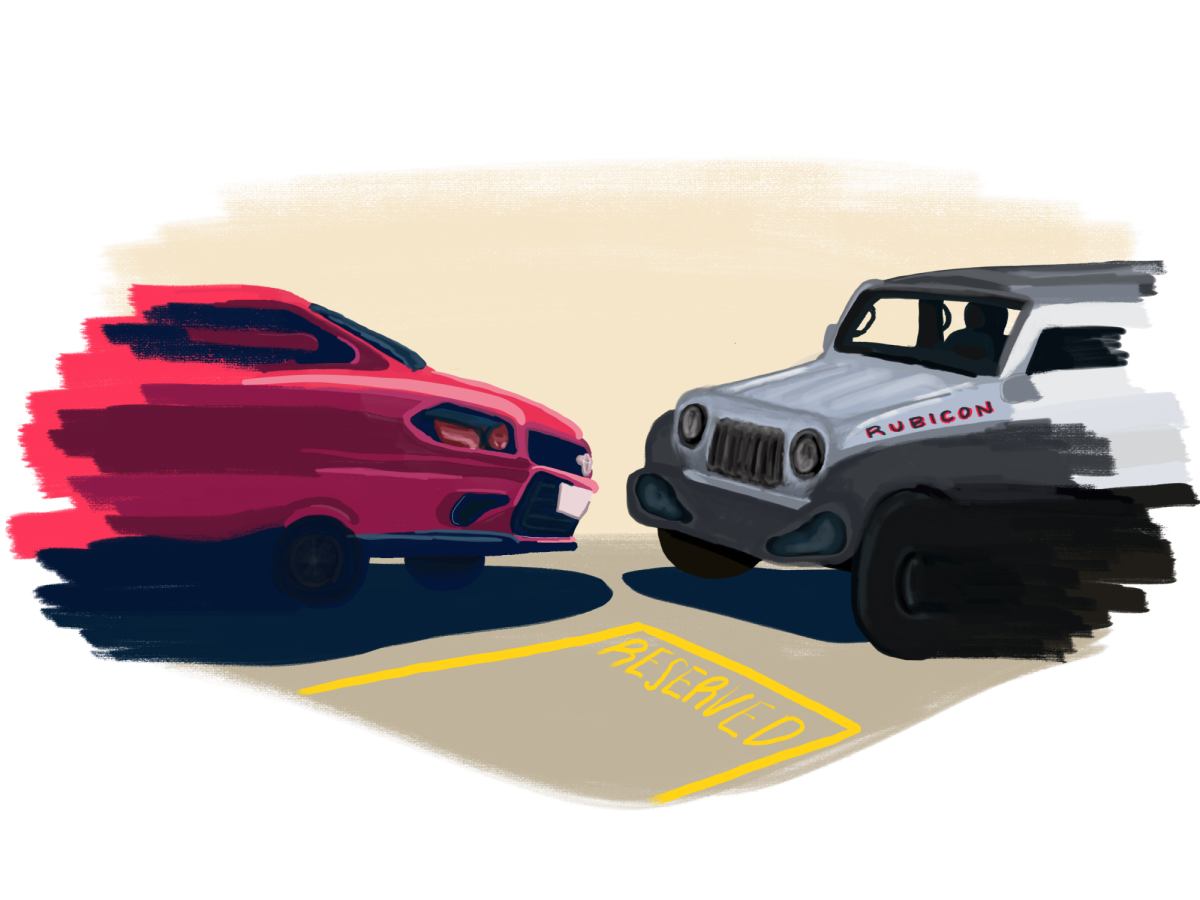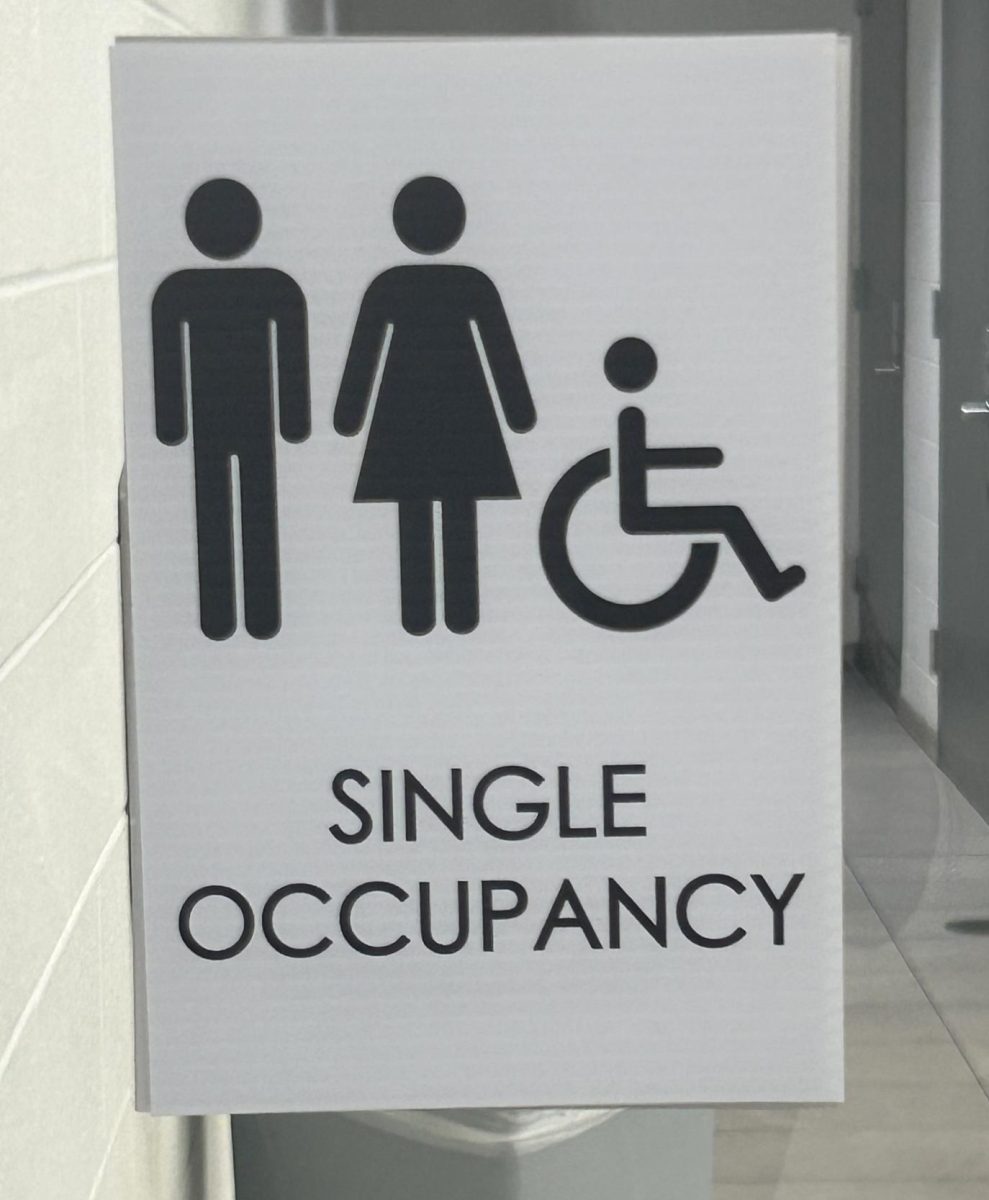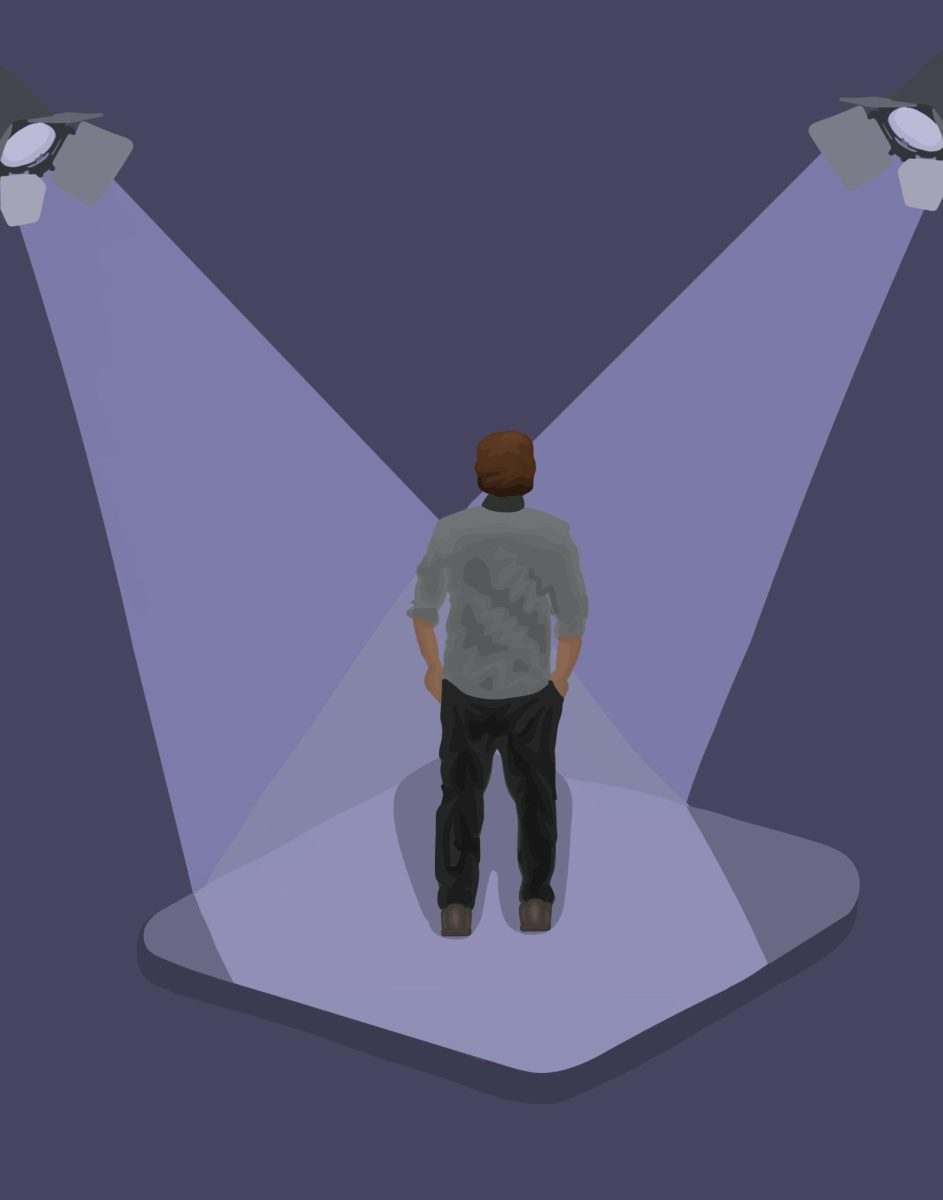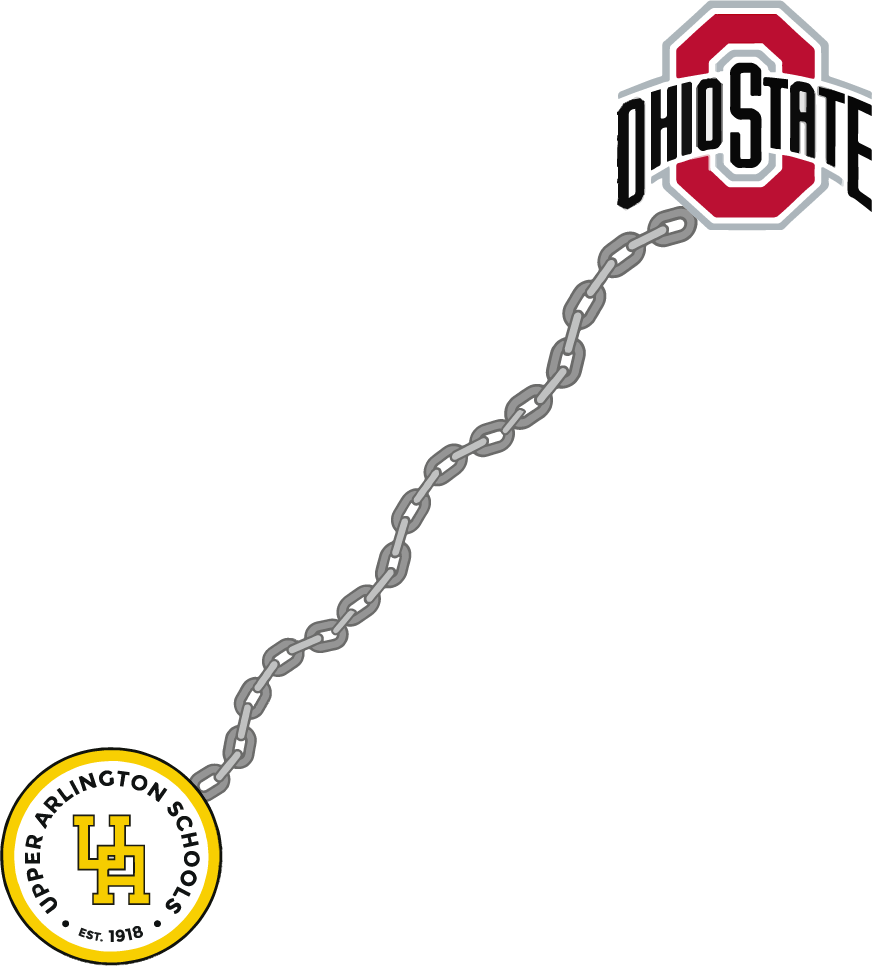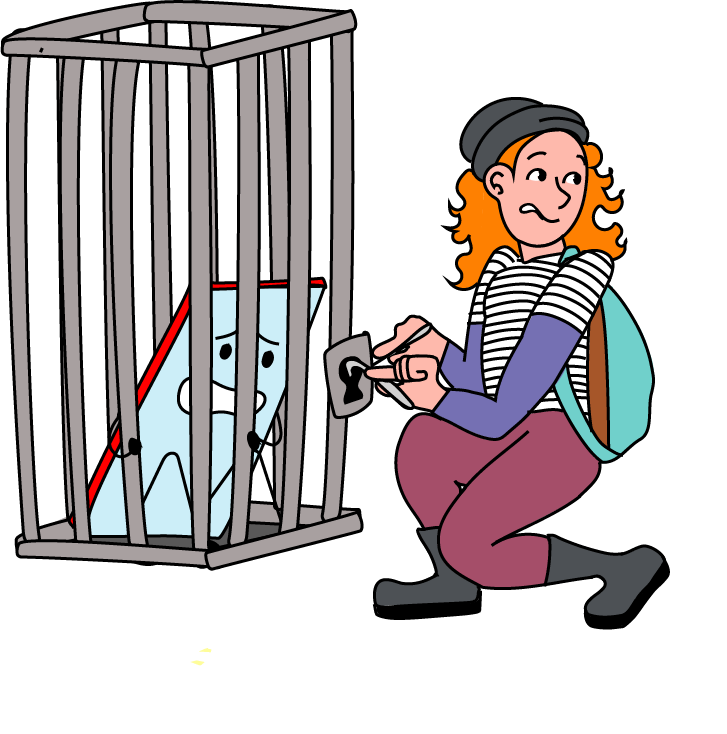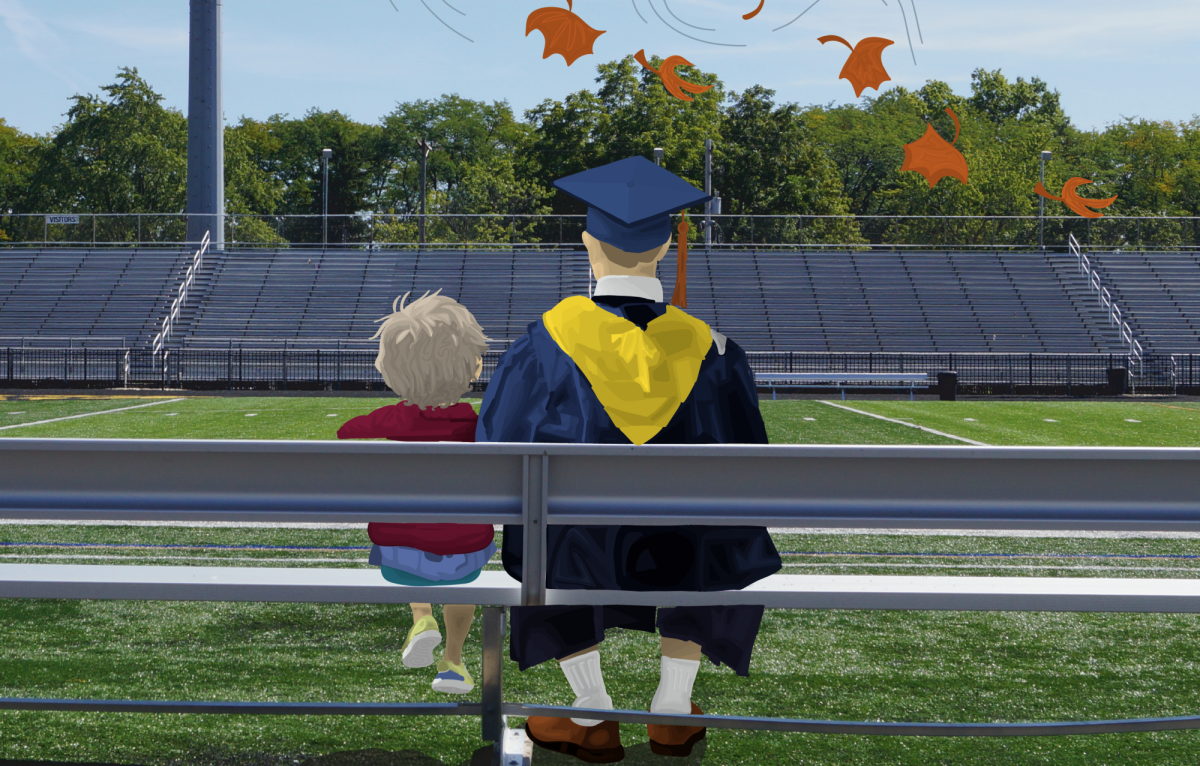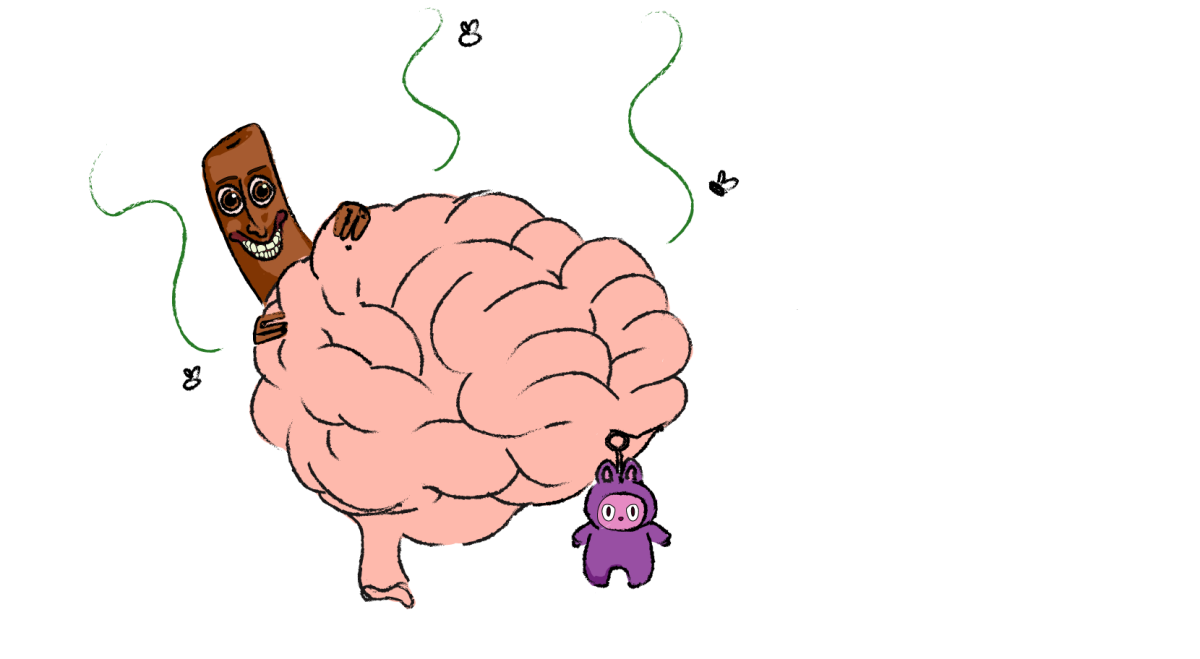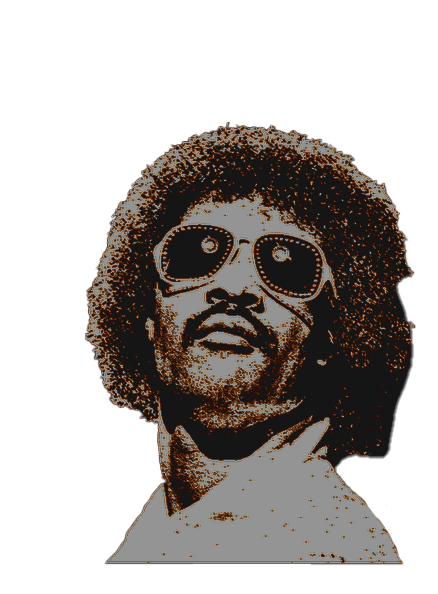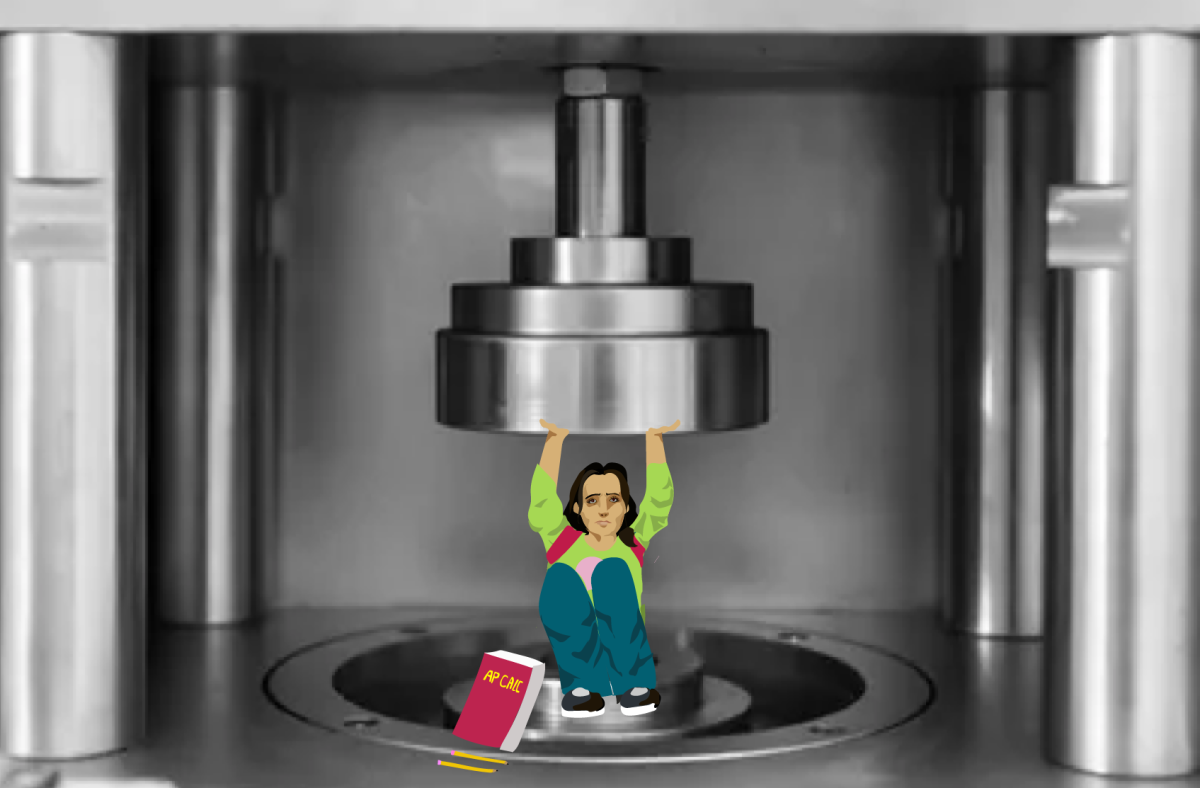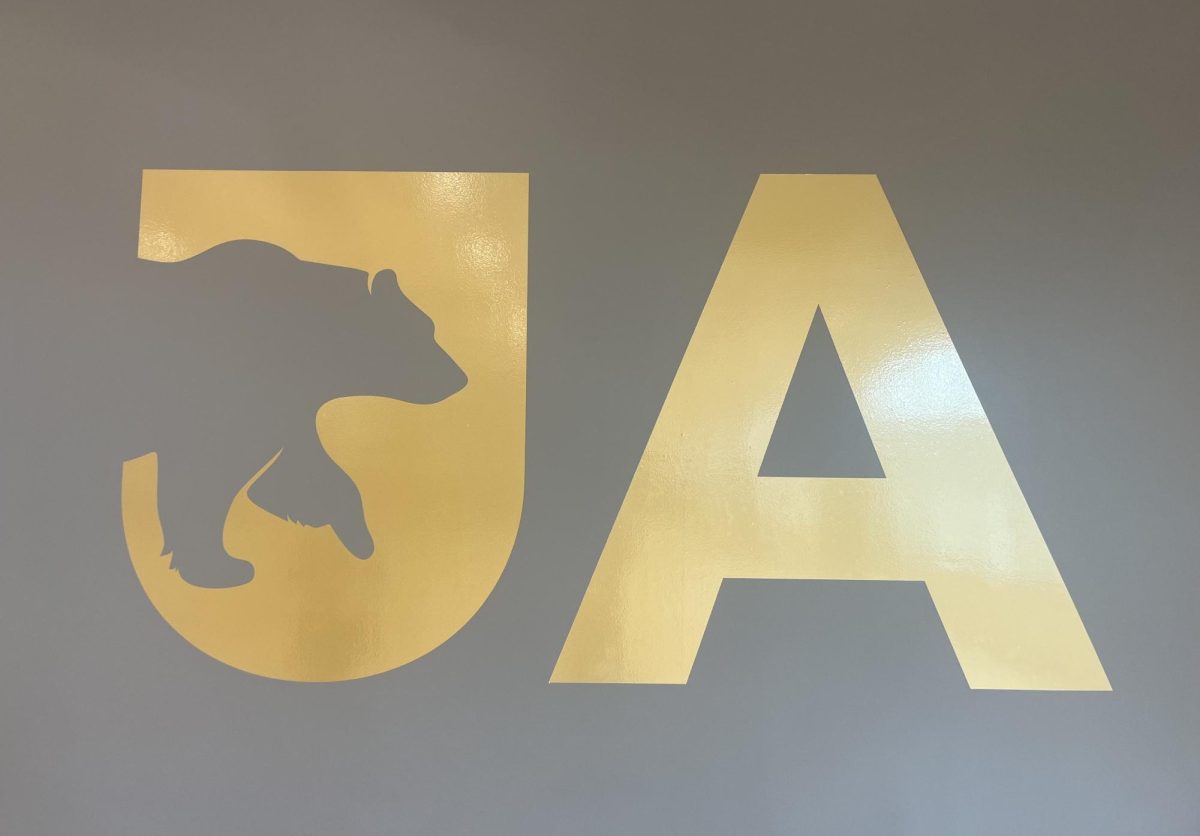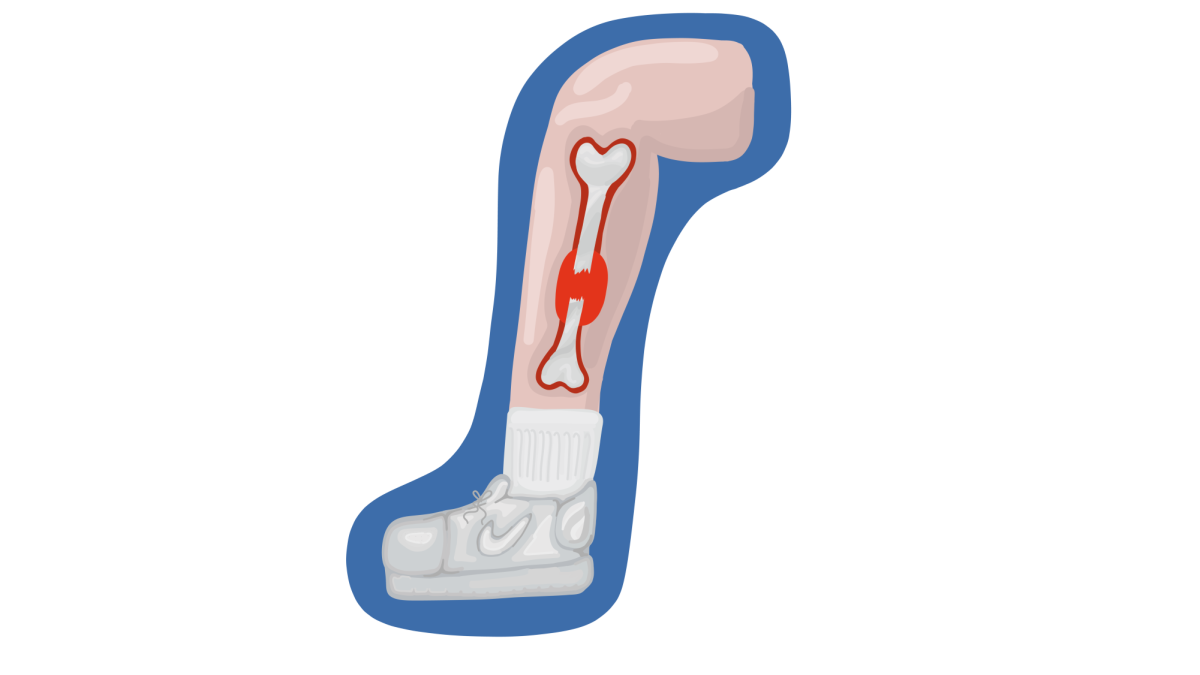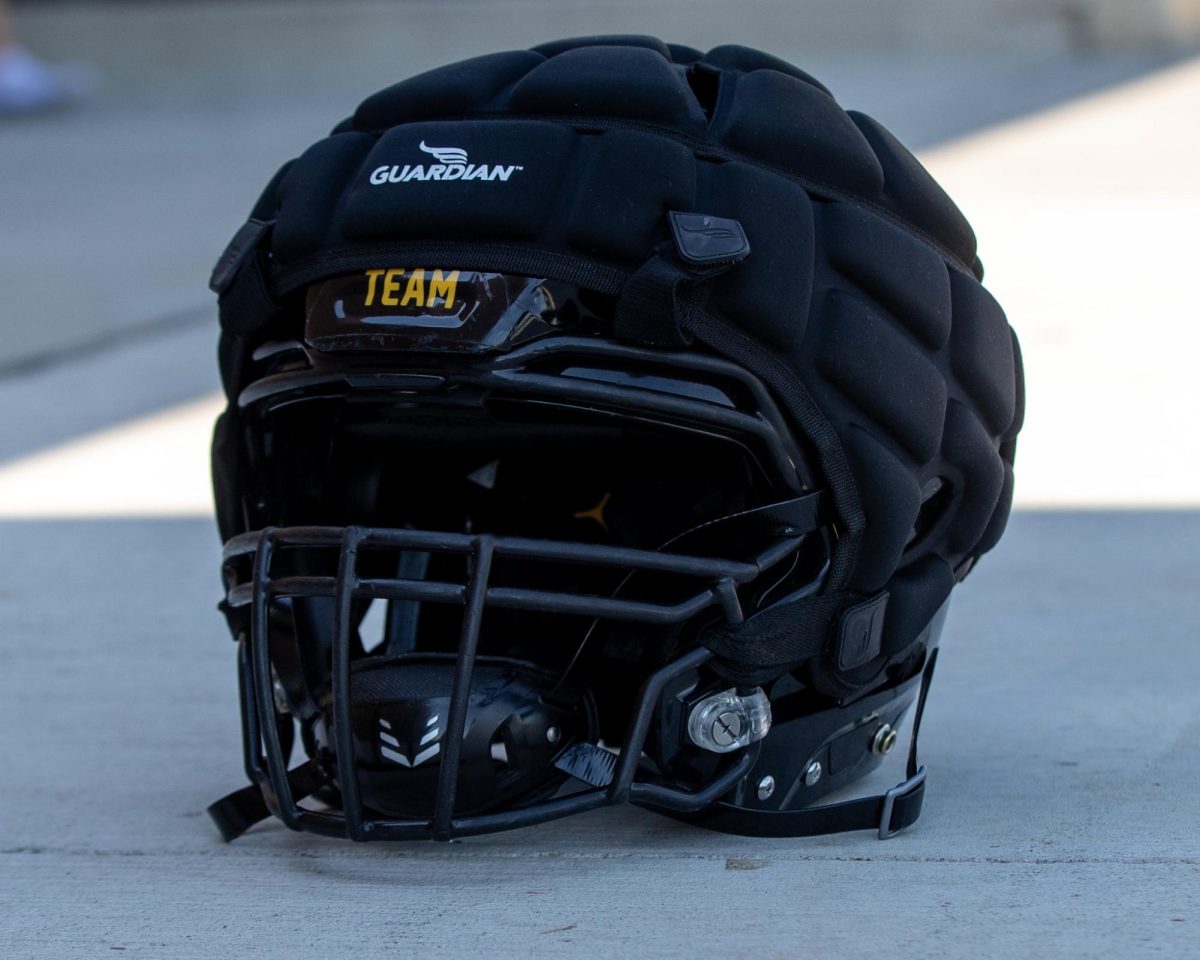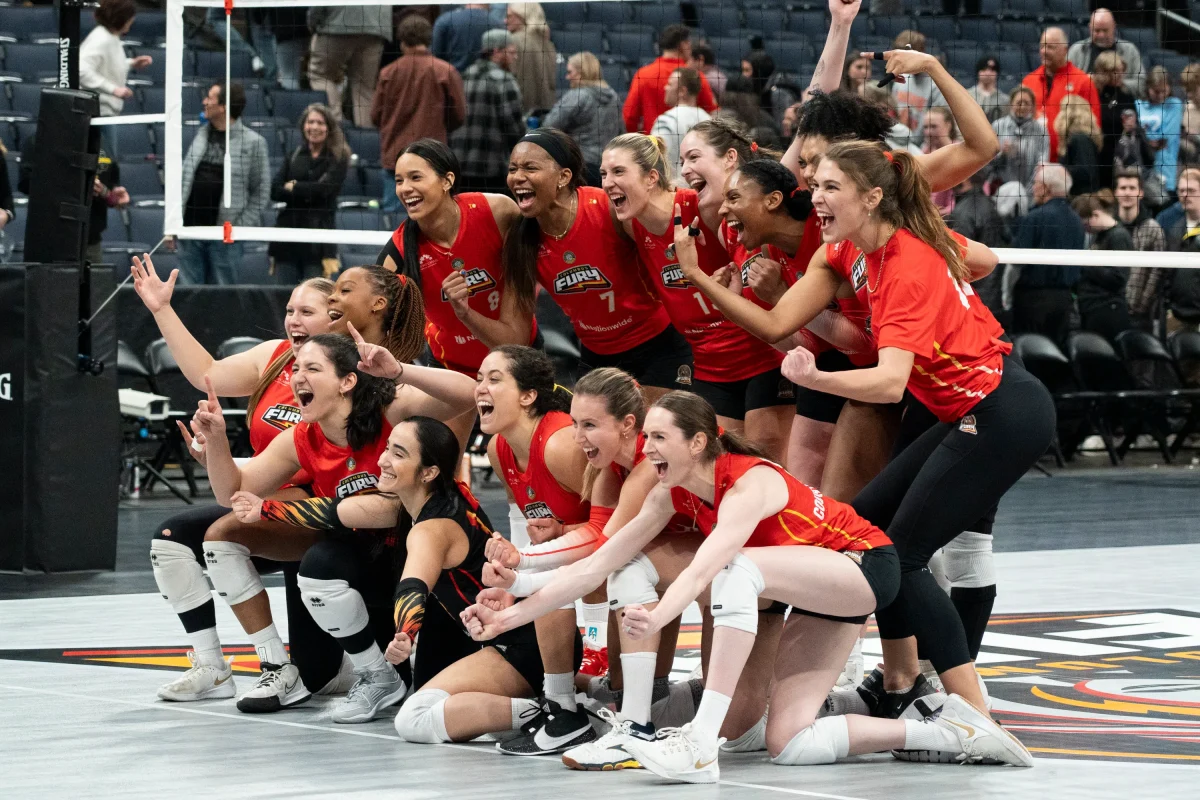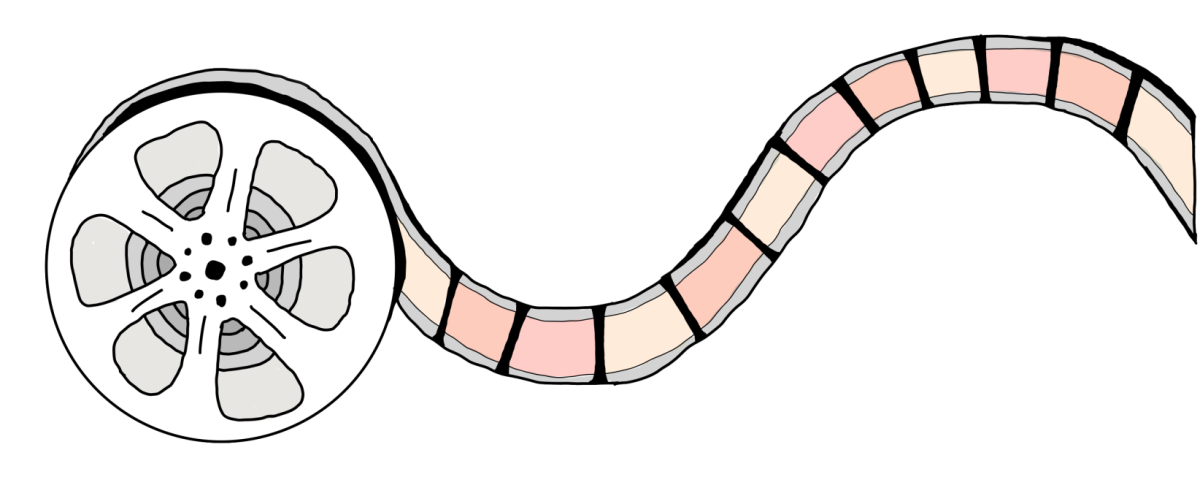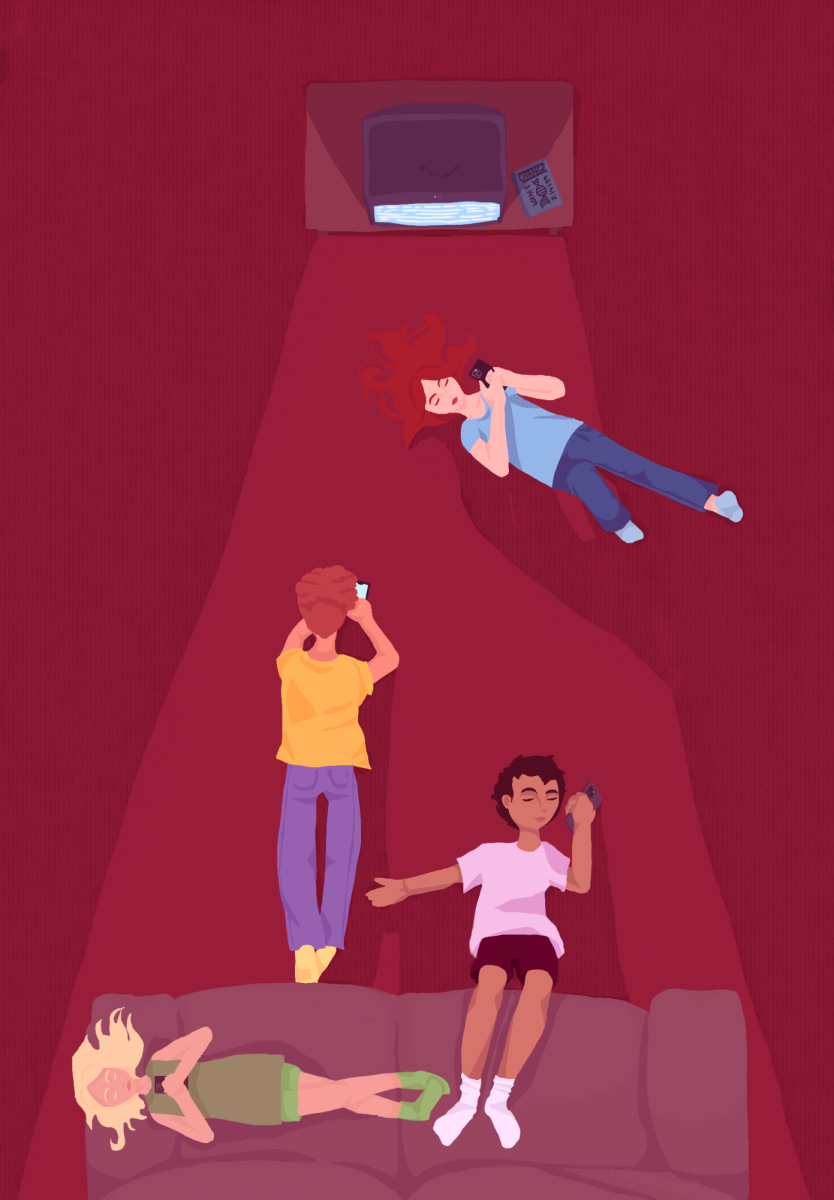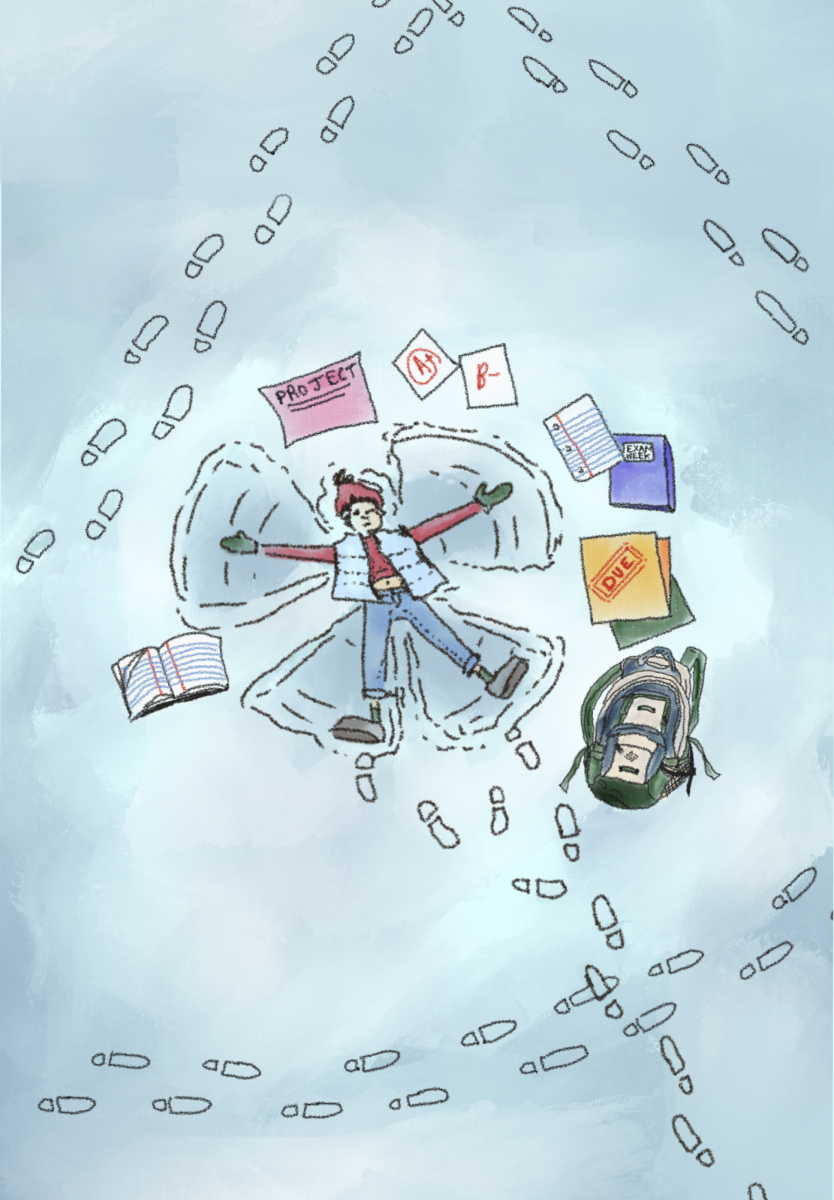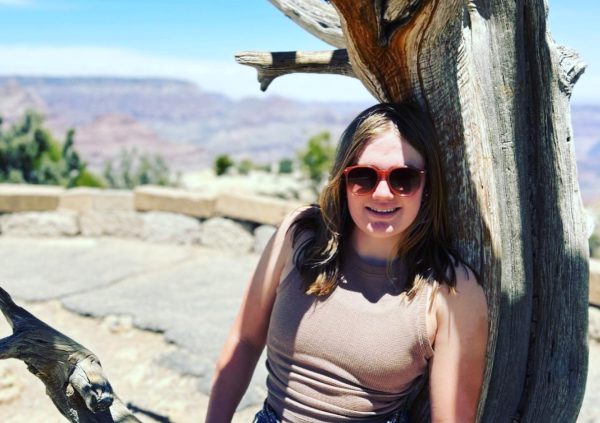As the holiday season approaches, the cozy feeling of cuddling up by the fireplace as snowflakes fall outside starts to sink in as school comes to an end. However, over the past few years, the snow has been decreasing, making the holiday season feel less special.
Since 1972, there has been a decrease in snow cover across the United States by 1,870 square miles per year. This could be due to the average temperature change of 2.11 degrees Fahrenheit since 1850, the pre-industrial era. Not only has this led to a decrease in winter activities such as sledding and skiing, but it has also been proven to be harmful to the well-being of the human population.
Upper Arlington teacher Lynn Reese spoke about how there has been a significant decrease in snowstorms in Columbus from only a few years ago.
“I remember in 2008 we got so much snow that it literally shut the city down and people were riding snowmobiles down High Street,” said Reese. “In the sixties, my mom’s brother was able to ice skate to school in the winter.”
While there are multiple explanations for why this change could be accruing rapidly in the past few years, UAHS AP Environmental Science teacher Jordan Walker said that while human impact can’t be fully blamed, it is inevitable that they have had an impact.
“The Earth has a natural cycle of warming and cooling, but human activities from driving a car or mining cause the temperature to warm up more quickly,” Walker said.
There’s no way of fully knowing the impact that humans have had on the Earth, but Reese agreed that the data over the history of the Earth shows a pattern when it comes to humans interfering with the Earth’s cycles.
“When you stand back and look at the data that’s been collected over centuries the pattern [of humans affecting the climate] is apparent,” Reese said.
While many see the climate crisis as just hotter weather in winter and melting glaciers, Walker explained that there are many other effects of the Earth getting warmer that we are going to continue to experience with the patterns that we are facing.
“I think we are going to see extremes so you either have lots of sun or really severe storms,” Walker said.
The consequences of changing climate patterns have been apparent, especially in the past few decades. According to the Environmental Protection Agency, 80% of all weather stations across the country have reported a decrease in snow, with the average being a loss of 0.19% of snow per year. This may not seem like very much, but Climate Central reported that some areas such as the Great Lakes region have had a decrease of 22% less snow since 1973.
Walker said that fixing the trends we are seeing will be a challenge unless the people in office start listening to those who care.
“There are enough loud voices that are calling for change, but the folks in power choose to ignore it, or even if they do try to get it passed, they’re fighting an uphill battle,” Walker said.
Both Walker and Reese are optimistic about change since the climate is a common topic of conversation and some are showing concern.
“What I have noticed about [Generation Z] is they’re more aware and now it is talked about, whereas when I was growing up it was not talked about which has caused a shift in the public eye,” Walker said.
Walker claimed that getting back to a time when snow was a regular occurrence during the holiday season will be a challenge and it may never go back to the way it was.
“Once you open Pandora’s box it’s hard to put everything back in,” Walker said.
However, Walker is a strong believer that a difference can be made if everyone does their part in making small changes we can start to see progress.
“People don’t realize that if everyone [works together] we can start to see some changes,” Walker said.
She says some of the most impactful changes that can be made are very simple and don’t take much time or money.
“It can be as simple as using an LED instead of an incandescent light bulb, which generates much more heat,” Walker said.
Reese claimed to get more people interested in making a difference they need to be motivated out of their love for doing something, not out of fear.
“Being afraid of what’s happening tends to leave us in a place of powerlessness. But if you motivate people out of their love it will be more effective because people will fight hard to protect what they love,” Reese said.

